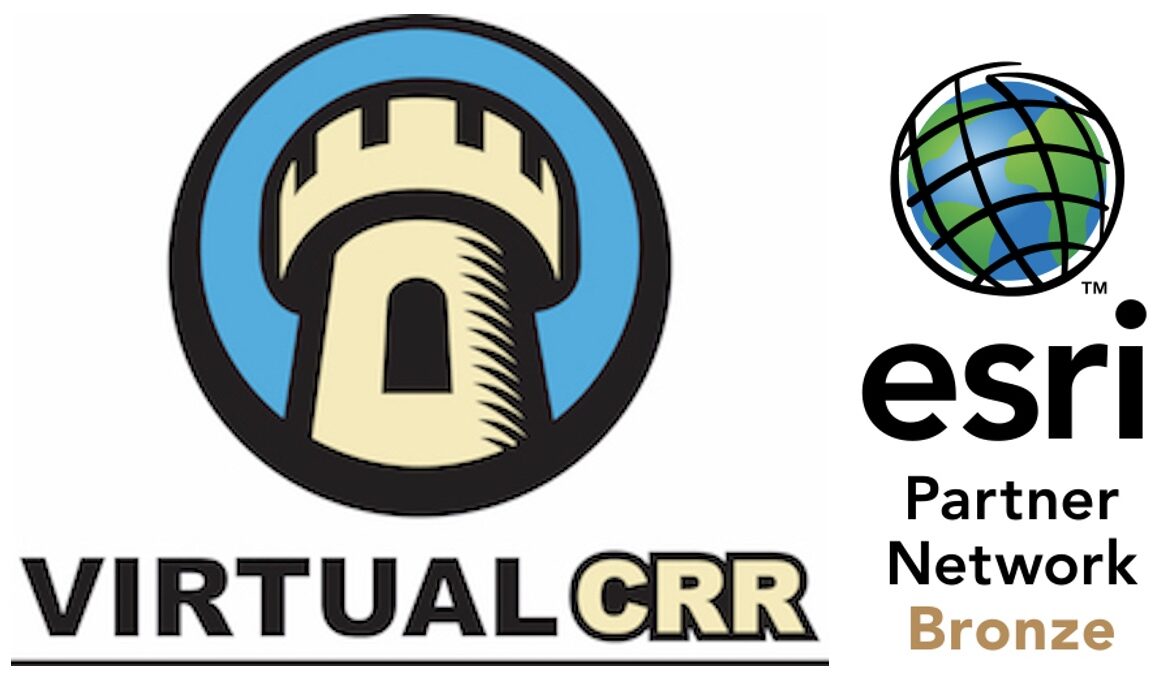Community Risk Reduction and Scout Camp
This week, I am at Scout Camp as an Adult Leader with one of my sons. My experience here has been great. I’ve watched the scouts learn and overcome many of their fears. I have also seen them struggle with interpersonal relationships and their ability to teach and lead others. These experiences will hopefully add to many others that will make them self sufficient and capable citizens.
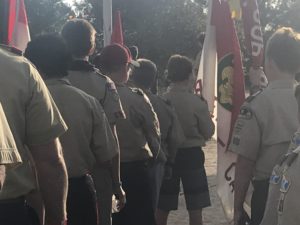
While I attended the classes and activities with them, I saw many topics related to Community Risk Reduction. To list a few; First Aid, CPR, Life Saving, Safe Swim, Emergency Preparedness, Weather, Map & Compass, Knife Safety, Cooking, Personal Hygiene, Fire Safety, and Nautical Survival. As I heard the information being taught, I couldn’t help but think how many 911 calls were being reduced.
Preventing 911 Calls through Community Risk Reduction
I am still a Captain on a busy ALS Truck company (Yes, ALS Truck companies actually exist). I thought about all of the 911 calls for service I had been on, that had the caller been properly trained, would not have been 911 calls. Of course, there are the cut finger, stubbed toe, and belly ache calls that we complain about being an abuse of the 911 system. Many of these calls can be and should be handled in other ways than calling 911.
I am also speaking of other calls as well. These scouts know how to save someone who is drowning, thus preventing or improving the outcome before 911 is even initiated. They know how to cook safely, reducing the risk of a fire or burns related to cooking incidents. Respect for and proper use of fire was taught. Very specific rules and guidelines were laid out. When is it appropriate to have a fire? How do you make sure a fire is out? The dangers of CO poisoning and other topics were discussed as well.
They were taught what to do in an emergency and how to prepare for them. They learned about the supplies they should have and how to use them in a very practical way. Topics that may not be as obvious are Personal Hygiene and Nutrition. When and why to wash your hands and how to care for wounds. What types of food are healthy to eat (not that at scout camp this is always adhered to) and when is food unsafe to eat? What are the symptoms associated with food poisoning and what you should do about it. How many infections and sicknesses will we prevent by simply teaching others these two basic necessities?
Of course there are countless other examples, but the overall theme is, “How to take care of yourself and others.”
“Give a man a fish, feed him for a day. Teach a man to fish, feed him for a lifetime.”
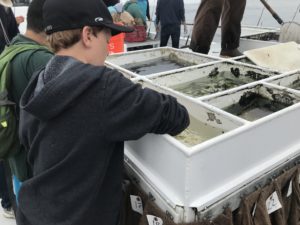
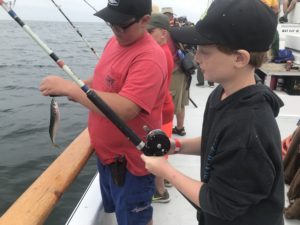
A deep sea fishing trip was one of the activities for the week. The old adage, “Give a man a fish, feed him for a day. Teach a man to fish, feed him for a lifetime.” popped into my head. In Last month’s CRR article, I posed the question, “Are we ignoring the large portion of our community who has the ability and the desire to reduce their own risk?” This article is obviously a continuation of that theme. As I pointed out in that article, there are segments of our population that do not have the ability, physical or financial, to do things on their own. It is our responsibility to help them or find others who can help them. I’m simply asking, “Are we teaching those that have the ability to fish or are we just throwing them a fish?”
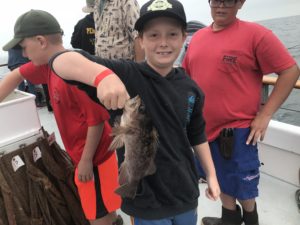
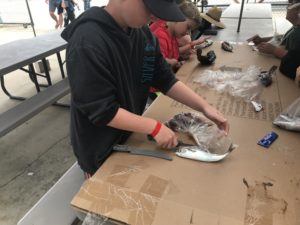
CERT is a great example of teaching to fish. There may be room between, “Let me instal a FREE smoke detector” and “Become a member of our CERT team.” Many departments teach CPR and first aid to their communities. Some communities may benefit from a weekly, monthly, annual (or whatever) training topic. Invite the community to an electrical safety class. You could host a water safety class. If wildfires are an issue in your community, have a “How to prepare your house for wildfire” version. How to handle your gas, electric, and water in an emergency. This may turn into a different topic every month. These types of classes typically wouldn’t cost anything and is a great way to teach your communities to be self sufficient.
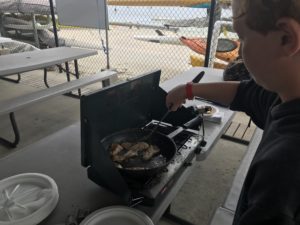
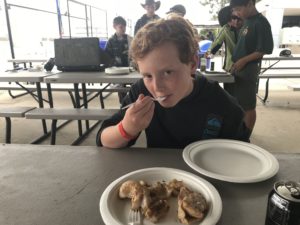
There are many opportunities to do Community Risk Reduction. Often, we focus on those that can’t help themselves. Let’s also focus on those that can. Don’t just give your community a fish, teach them to fish.
